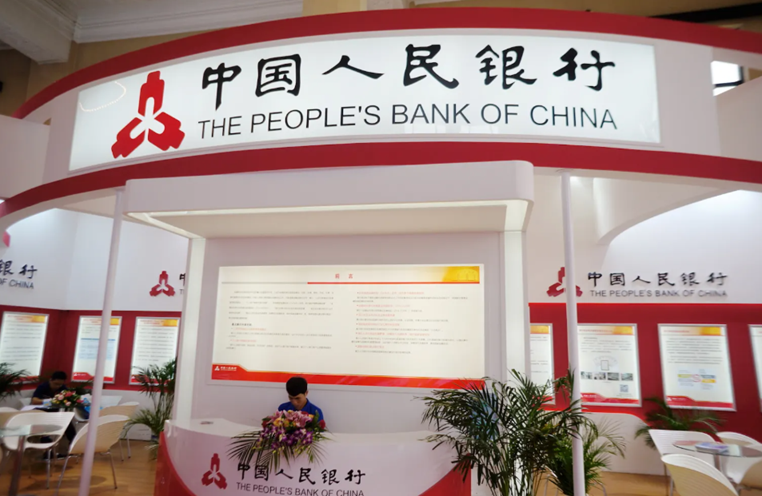China’s financial regulator, the National Administration of Financial Regulation, has announced a series of measures aimed at bolstering the country’s property market and addressing concerns about economic stability. Xiao Yuanqi, the deputy head of the administration, highlighted the need to accelerate the implementation of the urban real estate financing coordination mechanism. This mechanism aims to improve coordination between local governments and financial institutions to provide support for real estate projects.
One of the key measures involves urging banks to act quickly and utilize the policy toolbox to meet the reasonable financing needs of real estate projects. Additionally, the People’s Bank of China has announced plans to inject 1 trillion yuan (US$141 billion) of liquidity into the market by reducing the reserve requirement ratio and lowering the relending rate for some bank loans.
The central bank’s decision to establish a new department to oversee credit support signals a targeted approach to addressing weaknesses in the country’s financial system. Analysts have long called for measures to tackle issues such as debt, deflation, de-risking, and demographics, which pose challenges to China’s economic stability. However, there are doubts, particularly from overseas, about the effectiveness of these measures in addressing structural weaknesses in the economy.
While some analysts believe that the announced policies will provide only a modest boost to the economy, others argue that China’s economic weaknesses are more deep-rooted and require comprehensive structural reforms. The property sector, which used to contribute significantly to the country’s economic output, has seen its share decline in recent years.
To address concerns about the property sector’s impact on financial stability, the central bank and regulator have allowed real estate developers to use loans backed by their commercial properties to repay other outstanding debts. This move aims to prevent further defaults and ensure the completion of housing units.
Despite the challenges facing the property market, Xiao indicated that the non-performing loan ratio for banks remains relatively stable. However, there is growing concern about social instability and the potential impact on the broader economy if the property market continues to struggle.
In response to the recent market turmoil and economic challenges, the State Council has called for enhanced policy coordination to support the economic recovery. The government has also introduced additional measures, such as pledged supplementary lending to policy banks, to stabilize the property sector.
While these measures are aimed at providing short-term relief, some experts caution that China’s economic weaknesses require more fundamental reforms. They argue that a credit-fueled recovery could exacerbate financial risks in the long run.
Overall, the announcements from China’s financial regulators reflect a concerted effort to address concerns about the property market and support the country’s economic recovery. However, the effectiveness of these measures in addressing deeper structural issues remains a subject of debate among analysts.
(Source: SCMP | Reuters | Bloomberg)









